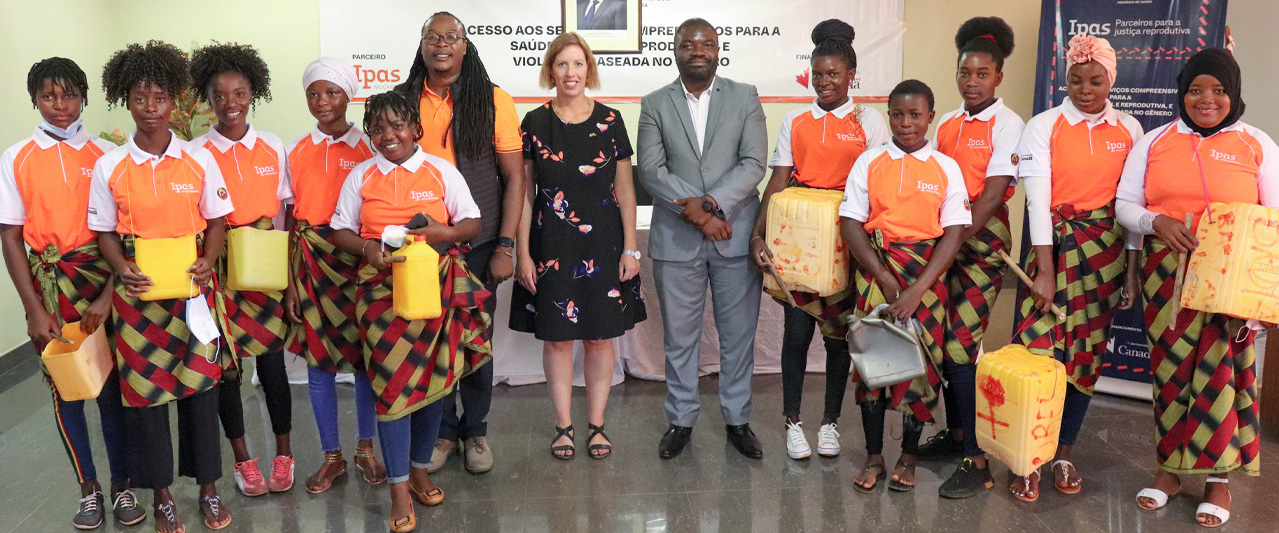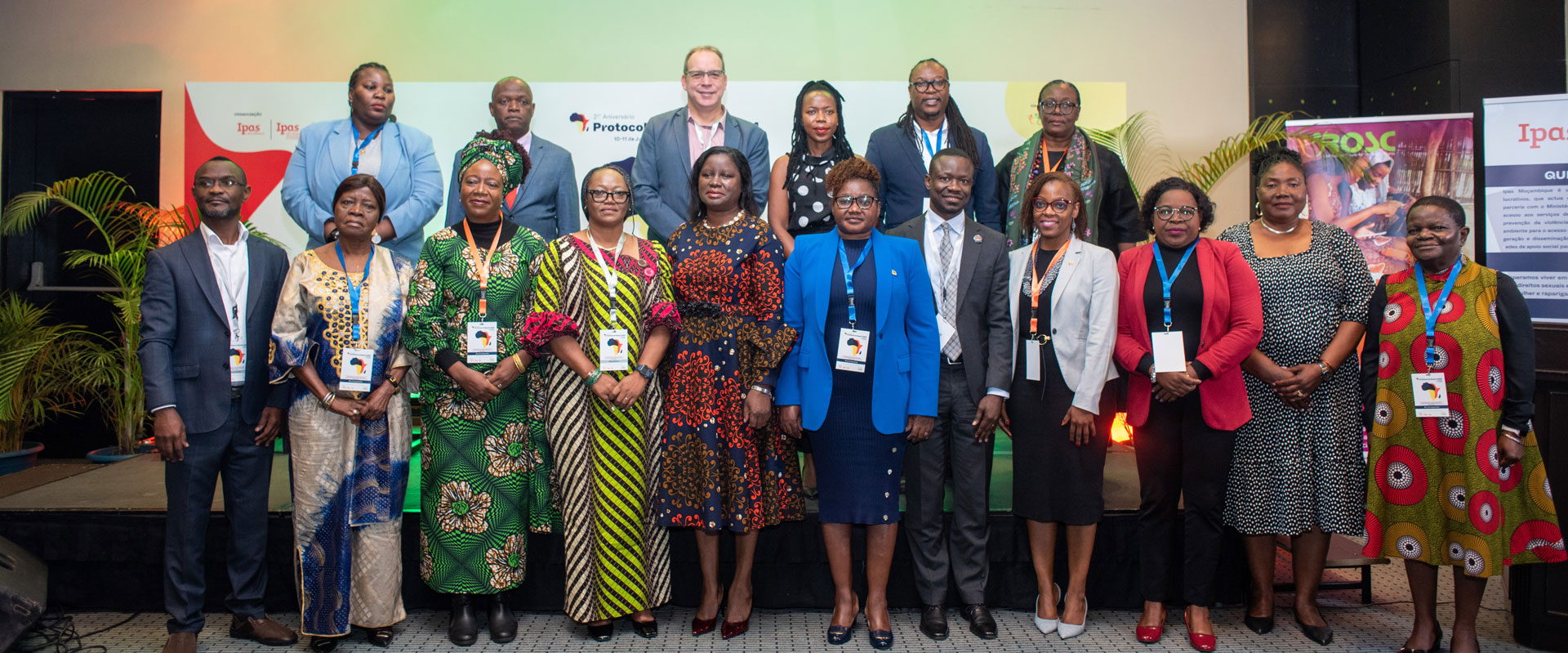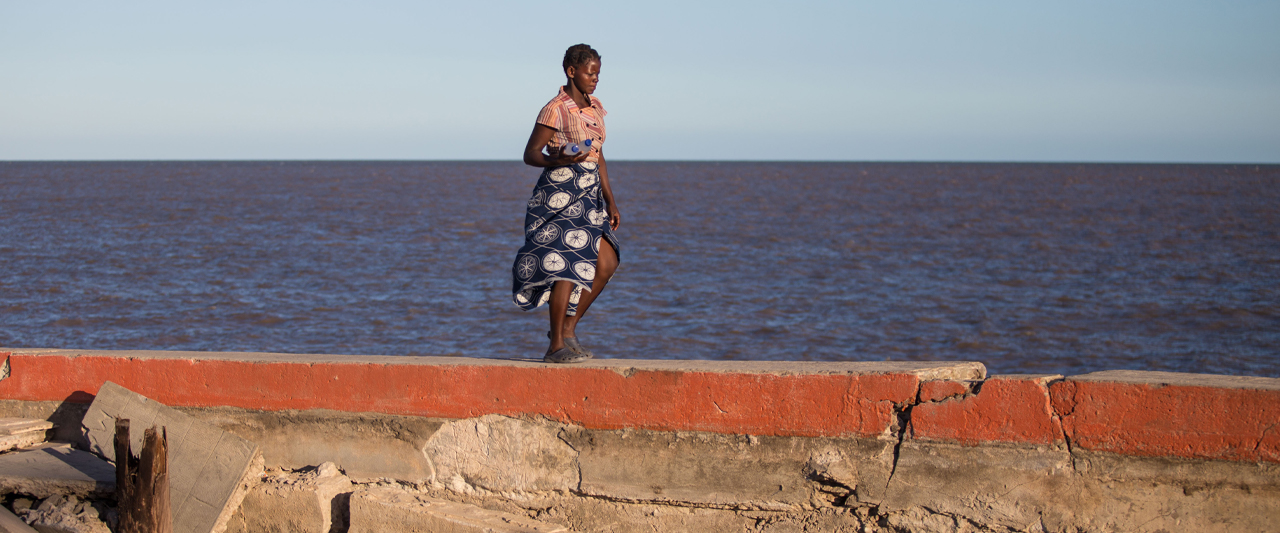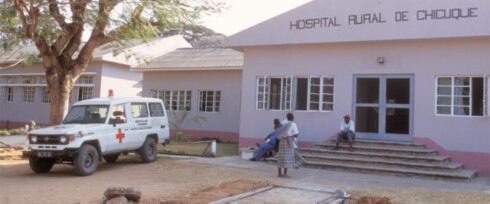In 2014, with the goal of reducing maternal deaths, Mozambique liberalized its abortion law to greatly broaden women’s access to safe abortion care. Women in Mozambique now have the right to a legal abortion upon request during the first 12 weeks of pregnancy, and later in cases of rape, incest and fetal anomaly. However, after so many years of a restrictive abortion law that forced many women to terminate unwanted pregnancies with clandestine and unsafe procedures, unsafe abortion persists in Mozambique today and is still one of the leading causes of maternal death.
Prior to the 2014 law change, Ipas worked with the Ministry of Health and other partners in Mozambique to improve health-care training and services related to treatment for complications of unsafe abortion (postabortion care) and to assess abortion and postabortion services in public facilities across the country. Our partnership with the Ministry of Health helped lay the groundwork for abortion law reform and the subsequent national rollout of safe abortion care. Today, Ipas Mozambique continues its partnership with the government and other NGOs to increase the health system’s ability to make high-quality abortion care and contraceptive services available and accessible throughout the nation. We also work with the International Center for Reproductive Health (ICRH) and other partners to educate communities on the new abortion law and how women and girls can access safe services.
Impact in 2024
people received abortion at Ipas-supported facilities
people received contraceptive services at Ipas-supported facilities
abortion access points supported
Collaborating with Sida to broaden access to abortion
Mozambique has one of Africa’s most liberal abortion laws. But people seeking abortion care still face many obstacles. With support from Sida, the Swedish international development agency, Ipas is working to make safe abortions and contraception accessible to everyone—and to change negative attitudes.


Amilton Neves for Ipas






